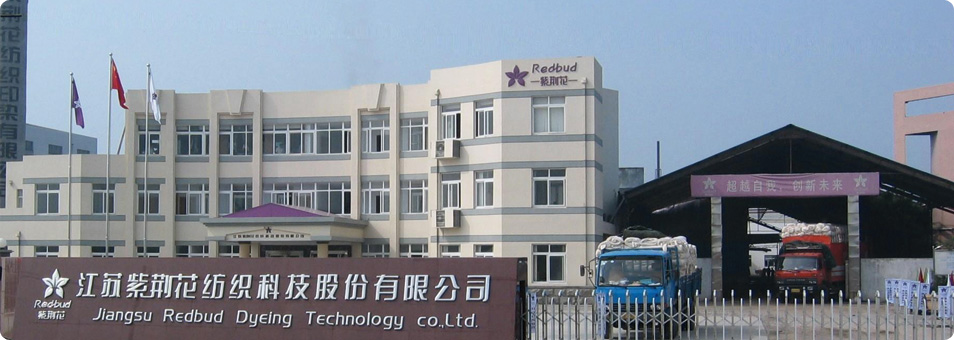Working Together

China — Partnership Improvement
As our network of suppliers continues to grow, we often encounter opportunities to improve the way we work with our suppliers and their factories around the world. In such cases, we use the experience to create "best practices" for our suppliers and share those learnings with our suppliers in other countries who may be experiencing similar obstacles.
In 2007, we approached the president of the Chineseowned Redbud cotton mill to express our concerns about the mill's history of pollution. At the time, the Redbud Mill was ranked in the second-to-worst category out of five categories in China's "GreenWatch" program. China's State Environmental Protection Administration created the program to publicly disclose the environmental performance of factories in China. The Natural Resources Defense Council (NRDC) compiled all of the data gathered through the program and found that the textile sector is home to some of China's heaviest polluters.
Given the pollution situation, we felt that drastic improvement was needed from the mill, and identified the needed improvements as a condition of continuing to do business with Wal-Mart. By enlisting the technical support of the NRDC, the mill achieved a second-to-best ranking in 2007. Progress continued, and in 2008, the mill reported that it had reduced its water use by 35 percent, its electricity consumption by 5 percent and its coal use by 10 percent. Moreover, the president reported that he applied the lessons learned through this process to another plant, reducing its water use by 68 percent. We plan to continue to work with Redbud in order to identify additional improvements in the coming year.
Chile — Improving Communication with Suppliers
During 2007 in Chile, we found an excessively high number of orange ratings in the fruit industry and felt that a new approach was needed to improve the ratings by addressing the unique variables that caused this situation. We needed to address:
- The rapidly shifting harvest season from north to south,
- the relatively short period of pack house operations,
- the high turnover rate of migrant labor, and
- the resulting limited communication between the supplier and their pack houses.
We created a training program to educate our suppliers, in advance of and during the growing season, on the importance of establishing an effective communication channel within their supply chain for Ethical Standards' expectations. Suppliers were also provided with training on ways to engage with pack house operations to improve social and environmental working conditions. Through this collaborative effort, we gained insight into common issues facing this industry, identified possible solutions, and have worked with pack houses toward improvement. To date, more than 400 individuals representing more than 140 pack houses have received training. As a result, we have seen a 59 percent increase in green and a 15 percent increase in yellow audit ratings for this group of suppliers.




